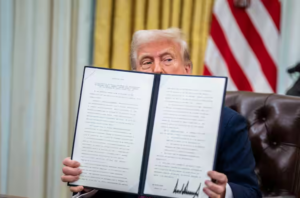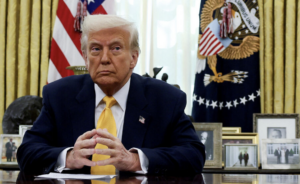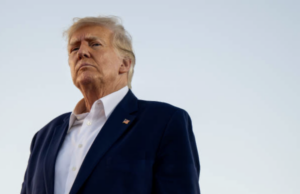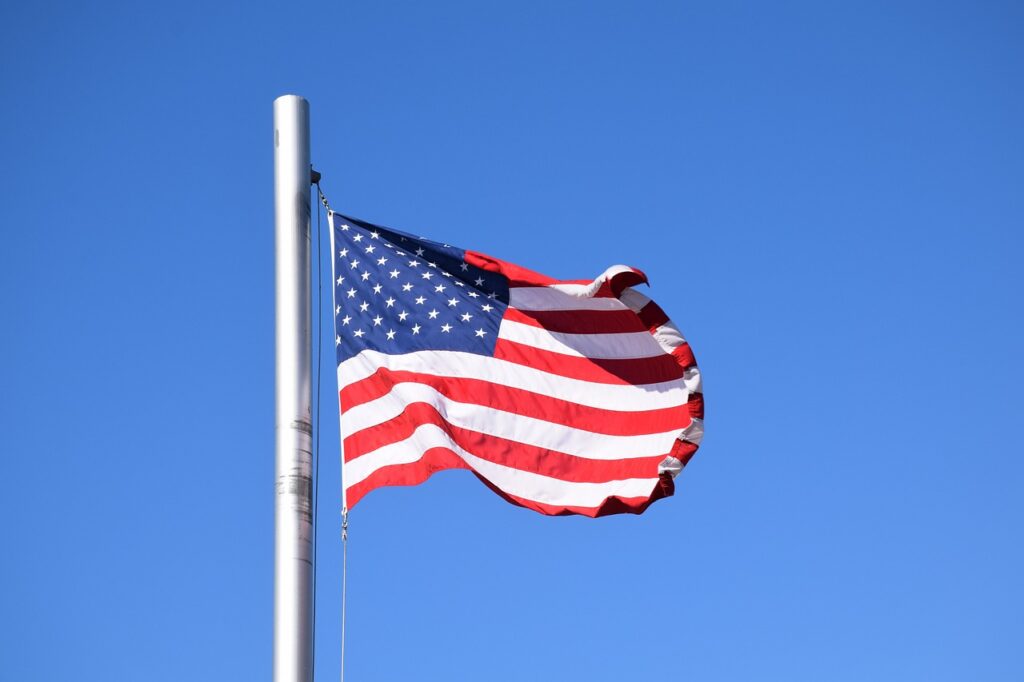The soft power of the Olympic Games
It would be a mistake to see the Olympic Games as just being about sport. In fact, the influence of a country’s champions or sports teams is part of its soft power. The more a country dominates the Olympic Games, the more it asserts its dominance over the world of sport, hence the greater its influence. What is not negligeable is the geopolitical importance of the Olympic Games. Before, sport used to be seen as a neutral ground, sheltered from political dynamics. However, the modern Olympic Games have always been a place of ideological and political affirmation for the participating nations.
Click on this link to learn more about the so-called « olympic break »: L’ILLUSION D’UNE TRÊVE OLYMPIQUE
If two countries in conflict face off in the Olympic final, the stakes are no longer purely performative but geopolitical. The winning team indirectly reinforces the influence and power of its nation in the conflict. Besides, the more medals athletes win, the more their country will be represented by its flag or anthem. In other words, the more medals a country wins, the greater its international influence. Therefore, the stakes are high for both the athletes and the countries.
The Cold War
The opposition between the United States and the Soviet Union during the Cold War is a perfect example. Over the years, the organization of the Olympic Games has become increasingly superb. In fact, more participants and more resources being devoted to the event.
The Olympic Games were thus the indirect stage for the rivalry between the two blocs of the Cold War. At the 1952 Helsinki Games, the so-called « communist » athletes were separated from the others: there were two Olympic villages. The media did much to demonize the athletes from the Communist bloc, but the United States pulled the strings.
The two blocs respectively boycotted the Olympic Games held in Moscow in 1980 and Los Angeles in 1984. Sixty-two countries from the West bloc boycotted the Olympic Games in Moscow, following the United States’ decision, mostly due to the USSR’s invasion of Afghanistan. The next boycott happens in Los Angeles for the following Olympic Games. The boycott is led by the USSR but only involves fourteen countries of the East bloc. This clearly indicates the superiority of the United States at this time.
Competition with China
Recently, the United States have been competing with China for top spot in the Olympic rankings. This rivalry has been particularly visible since the 2008 Beijing Olympic Games, and continues to grow with each new edition. Because the United States beat China by a single medal at the last Olympic Games, the stakes are high for both nations at the next Paris games this summer. What is interesting is to observe how the Olympic Games are reflecting the tense relationship between the United States and China in their international relations. This is yet another example of how the Olympic Games are not only a worldwide sport events but geopolitical showcases before anything else.
An impressive media coverage
For the Paris olympics, the United States is thinking big. Therefore, a « team usa » plane will be dispatched and more than 2,000 MBT journalists will be deployed in Paris to follow the games. Moreover, around 1 billion dollars were spent in publicity across the country to support the 592 American athletes. A TV set will even be set up at the Eiffel Tower to provide live commentary on the events. Celebrity hosts such as Lily Collins and Snoop Dog are expected to be seen.
The goal is to boost ratings for the games at home which have been in freefall since 2012, and to reach as many people as possible. The United States Olympic and Paralympic Committee recently confirmed they will send 314 women and 278 men to the Paris Olympic Games. 66 of them are already Olympic champions. Toping the olympic rankings for the fourth time in a row is the major goal of the States, with the long-term goal of laying a solid foundation for 2028.

Indeed, Los Angeles, the second biggest city of the United States will be hosting the next edition of the Olympic Games in 2028 for the third time. This event will further highlight the United States in its olympic race. It also promises to be at the heart of an extraordinary media coverage. But what is for sure now, is that the 2024 Paris Olympic Games will be a breathtaking edition, and everyone is looking forward to it.










